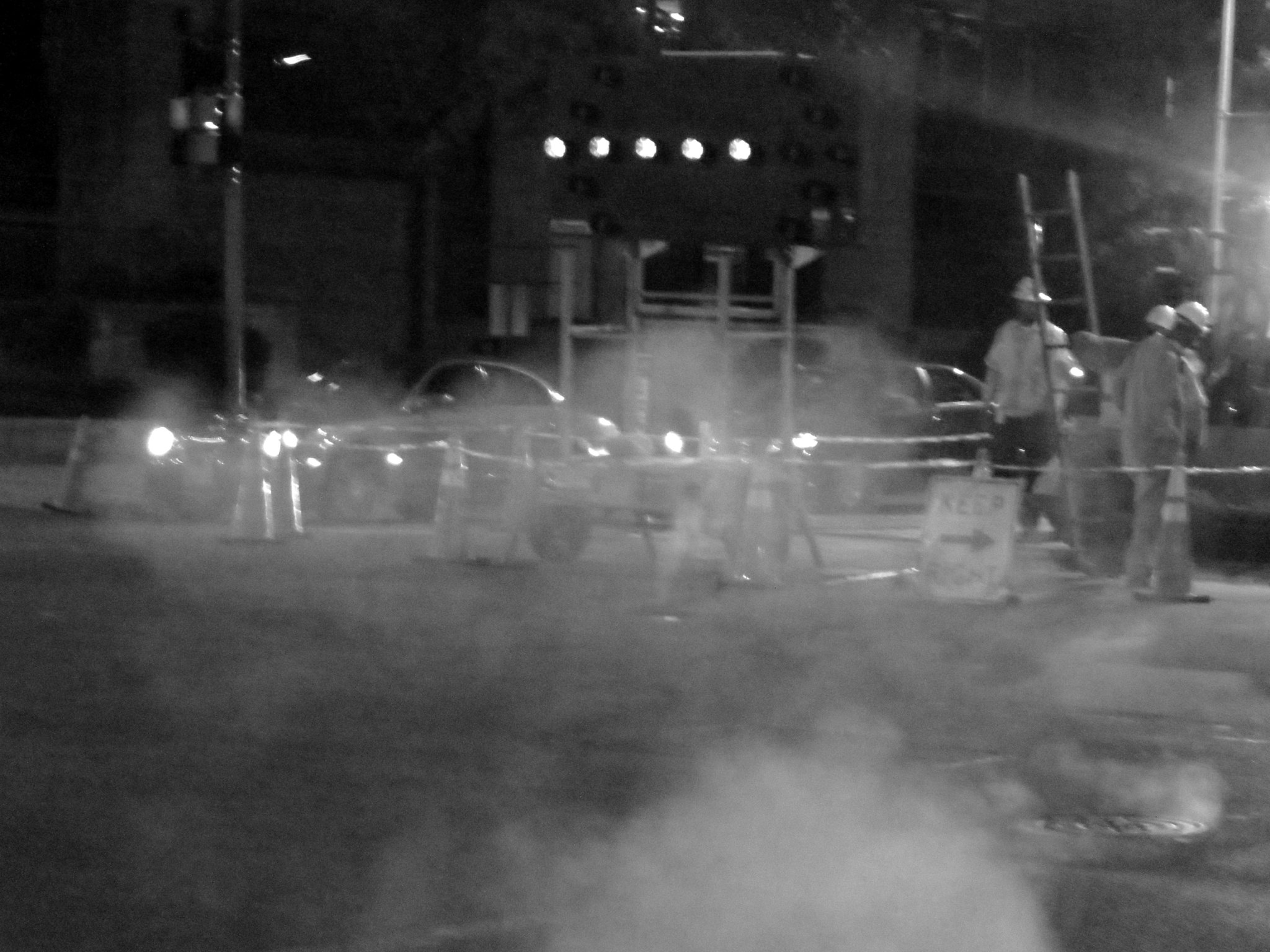By Kathleen Rest
We could all use some good news, right? So how about this: Americans live an average of 35 years longer today than they did 160 years ago. Over that period, life expectancy (from birth) in the US has risen from 39.4 years in 1860, to 78.9 years in 2020. To what do we owe this incredible progress? Well, there’s science, medical advancements, declining maternal, infant, and child mortality rates, education, and improved living and working conditions. And the biggie is public health. And this is National Public Health Week (NPHW)!
What exactly is public health? Public health is the science and practice of protecting, promoting, and improving the health of people and their communities through organized efforts, policies, and education.
Unlike clinical medicine, which treats individuals after they become ill, public health aims to prevent health problems before they occur. Whether you think about it or not, public health benefits you, your friends, your family and everyone in your community. It’s an invisible force that protects our safety and well-being. Public health quietly impacts our everyday lives—from the air we breathe, the water we drink, and the food we eat. We wouldn’t miss it until it’s gone.
National Public Health Week
For the past 30 years, April’s National Public Health Week (here, here, here, here) provides an opportunity to raise awareness about the importance of public health. And the American Public Health Association (APHA) unites communities nationwide to celebrate NPHW, recognize public health contributions, and address key health issues.
NPHW 2025 marks the 30th anniversary of National Public Health Week—a milestone opportunity to raise awareness about public health and how your organization and community support it! Each day of NPHW will focus on a public health topic. You can check out this year’s topics here. These areas are critical to our future success in creating the healthiest nation, and everyone can do their part to help!
Worker Health Is Public Health
Our nation’s workforce benefits from public health initiatives and interventions. The well-being of workers directly impacts the health of families, communities, and the broader economy. When workers are protected from hazards, have access to healthcare, and work in safe environments, they are less likely to experience illness or injury that could ripple outward—leading to fewer hospital visits, reduced strain on healthcare systems, and more stable households.
Healthy workers are more productive, and their stability helps maintain essential services and industries. Infections, injuries, or stress-related conditions that begin in the workplace can easily extend into public life, especially in this interconnected society. Ensuring worker health is not just a matter of individual safety—it’s a critical component of public health infrastructure. We all want the workers in our families to come home safe and healthy at the end of the day. Along with the unnamed workers we rely on every single day to provide us with the goods and services we need to live our lives.
So.…
Public health and public health workers have come under serious attack since the political attacks during COVID-19. To make matters worse, Trump is now cutting public health funding to states which is where most public health work is conducted.
Most critical for workers is this administration’s assault on the National Institute for Occupational Safety and Health (NIOSH) which is an attack on both worker and public health (see here, here, here, here).
NIOSH is a small, but mighty agency that provides research, information, consultation, technology transfer, and support for occupational safety and health professional education and training. The agency and Trump’s attempts to cut, shrink, or otherwise eliminate this international leader that is essential to public – and workplace — health and safety is beyond short-sighted. It is directly shooting our nation’s workforce in the foot.
Bottom Line
Call, write, or otherwise harangue your legislators. The decimation of NIOSH will have grave and irreversible impacts on the workers and their families in their districts. Ask them to stand up, support, and give NIOSH the resources it needs to fulfill its statutory mission: “To assure safe and healthful working conditions for every working person.”
Kathleen Rest is the former Executive Director of the Union of Concerned Scientists. She is currently a Board member of the Association of Occupational and Environmental Clinics (AOEC) and The Institute for Policy Integrity at NYU.
